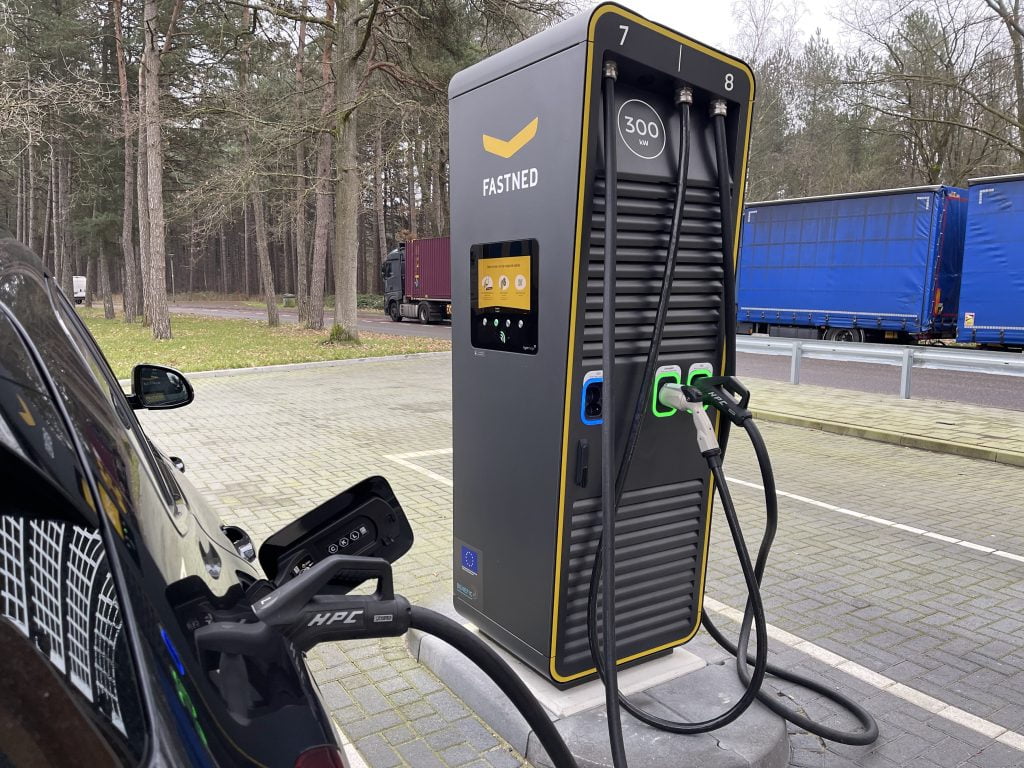The Netherlands is committed to sustainable mobility with a focus on electric driving, but State Secretary Vivianne Heijnen underlines challenges.
In the plenary debate, State Secretary for Infrastructure and Water Management, Vivianne Heijnen, spoke about the crucial role of the mobility sector in the fight against climate change. The Netherlands' ambition to combat climate change is reflected in the zero emission zones, as laid down in the climate agreement, the coalition agreement and at European level. Heijnen emphasized that the Netherlands is among the leaders, especially in the field of electric driving and sustainable mobility, partly thanks to an extensive charging infrastructure.
State Secretary for Infrastructure and Water Management, Vivianne Heijnen, emphasized the leading role of the Netherlands in the transition to sustainable mobility. Heijnen said: “We want to combat climate change and the mobility sector will also have to do its part. And fortunately we see that our country is already one of the leaders in terms of electric driving and sustainable mobility. We have a good charging infrastructure.” She also admitted that there are challenges, especially in the field of fast chargers: “Yet fast chargers are still a challenge in the Netherlands.”
However, the State Secretary indicated that the rollout of fast chargers in the Netherlands still poses a challenge. She acknowledged that the industry is making progress in making trucks, buses and cars smarter, cleaner and safer, helping to reduce emissions and cleaner air. A calculation by the Netherlands Environmental Assessment Agency (PBL) in the climate and energy forecast shows that the reduction targets for the mobility sector are within reach.
charging stations
However, Heijnen confirmed that there is still a way to go and emphasized the need for continued efforts. She pointed out the importance of a well-functioning and growing infrastructure for electric vehicles, especially for the rollout of charging stations. In conversation with Minister Rob Jetten about the challenges surrounding the charging infrastructure, Heijnen pointed out the specific problems surrounding fast chargers. She underlined the necessity of these conversations, given the importance of charging stations for electric cars.

About the efforts in the field of electric vehicles, Heijnen said: "In the field of trucks, buses and cars, everything is becoming smarter, cleaner and safer and the sector is therefore contributing to fewer emissions and cleaner air."
Pieter Grinwis of the Christian Union focused on the fiscal side of electric driving. He raised a specific problem regarding the tax benefits that will disappear from 2026: “It is now the case that all tax benefits for electric driving will disappear from 2026. That is of course up to the next government to solve, I understand that, but is it possible to work out the next budget in the run-up to the budget? What yes, it is necessary to eliminate that tax disadvantage that threatens because a battery weighs approximately 400 kg.”
Heijnen responded to Grinwis's comments and acknowledged that there are plans to continue to make electric driving attractive after 2026. She said: “According to Heijnen, all kinds of ideas are of course already available to keep electric driving attractive after 2026. But ultimately it is also up to the cabinet and a majority in the House to think something about it.”
The State Secretary also spoke about the perception that electric driving is only for the wealthy: “Because a number of people also say that electric driving is only for the rich. And yes, it is indeed quite expensive for a very large group. But those Tesla subsidies are a thing of the past. We have already reduced subsidies to €45.000 for a new car.”
Heijnen emphasized the importance of accessibility to electric vehicles for everyone: “We have also given subsidies, because I think it is important that everyone can participate in second-hand electric cars, for example. And I even investigated whether it would be useful to provide a second subsidy for electric mopeds.”
Finally, Heijnen spoke about a proposal to oblige lease cars to drive electrically. Although this plan did not materialize, she said it could have accelerated the rollout of second-hand electric cars, making electric driving more accessible to a wider audience.
The emphasis in the Netherlands is therefore on promoting sustainable mobility, with electric driving as a spearhead. Despite the challenges and ongoing debate on tax measures and subsidies, the government remains committed to a greener and more sustainable future in the mobility sector.




